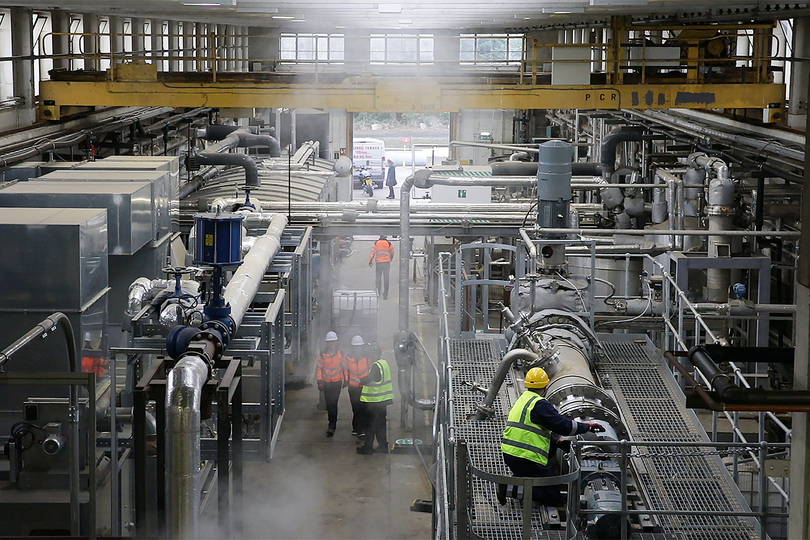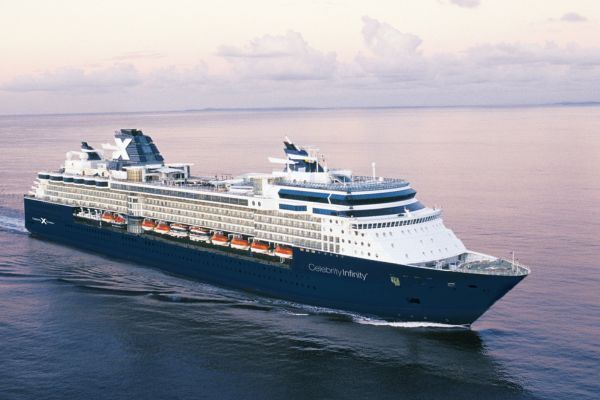Industry told to speed up transition to sustainable aviation fuels
 James Chapple
James ChappleThe UK travel and tourism industry must work urgently with government to speed up the sector’s transition to sustainable aviation fuel (SAF) if it is to have a hope of achieving net zero by 2050.
Business Travel Association chief executive Clive Wratten said new research by the association underlined the importance of SAF to reducing carbon emissions, and stressed now was the time for action.
The BTA’s Sustainable Aviation Fuel: A Journey Towards Innovation report is the second in its environment, social and governance series, and states the case for urgent adoption of SAF.
According to the report, while SAF will be a "key facilitator" of travel’s journey to decarbonisation, it will take supply chain innovation to deliver SAF at scale, as well as government input.
Necessary actions include subsidising SAF, said the BTA, as well as creating information booking platforms and SAF credits at point of sale to ensure travellers understand the importance of SAF.
“Our research is clear," said Wratten. "SAFs are available now and possess the potential to significantly decarbonise the travel industry. Therefore, it is our responsibility to implement government-mandated booking platforms that educate travellers on their sustainable activity at the point of sale.
"Words are no longer good enough – we need to work together to form a clear pathway to net zero. Providers, airports, TMCs and government bodies must collaborate to deliver sustainable aviation fuels and ensure the decarbonisation of aviation."
The report aligns SAF with the United Nations Sustainable Development Goal framework to demonstrate how it can impact the environment, as well as local communities and economies, said the BTA. It has been released amid the 27th annual UN Climate Change Conference (Cop27) in Sharm el Sheikh, Egypt.
Sign up for weekday travel news and analysis straight to your inbox

James Chapple
Supplier Directory
Find contacts for 260+ travel suppliers. Type name, company or destination.












